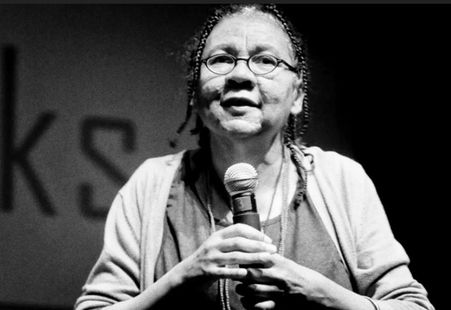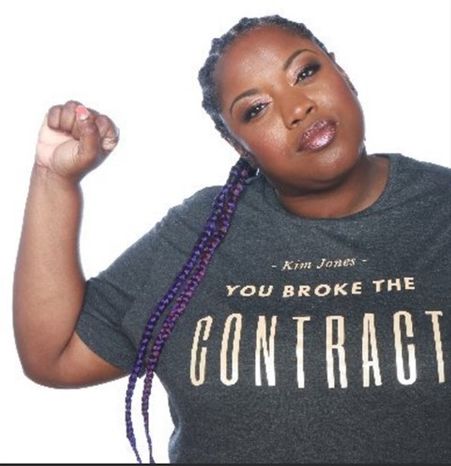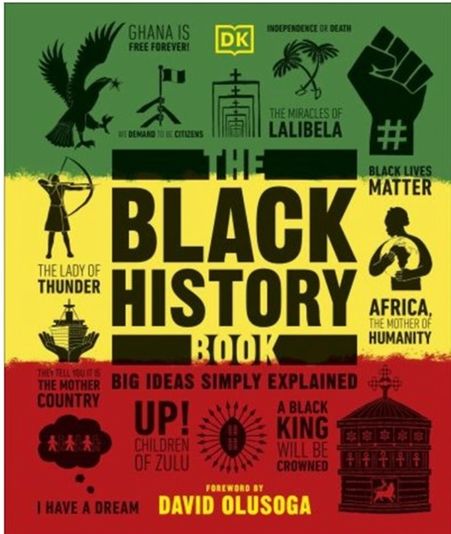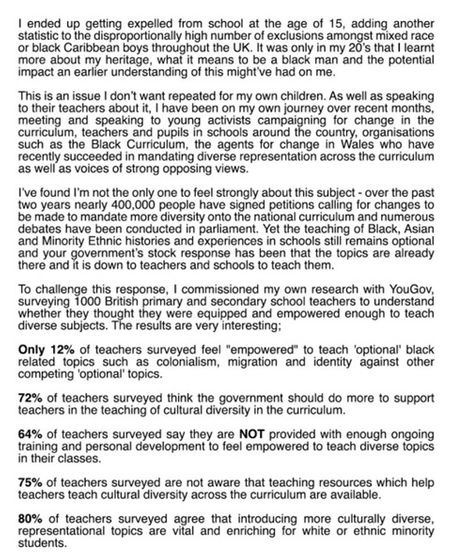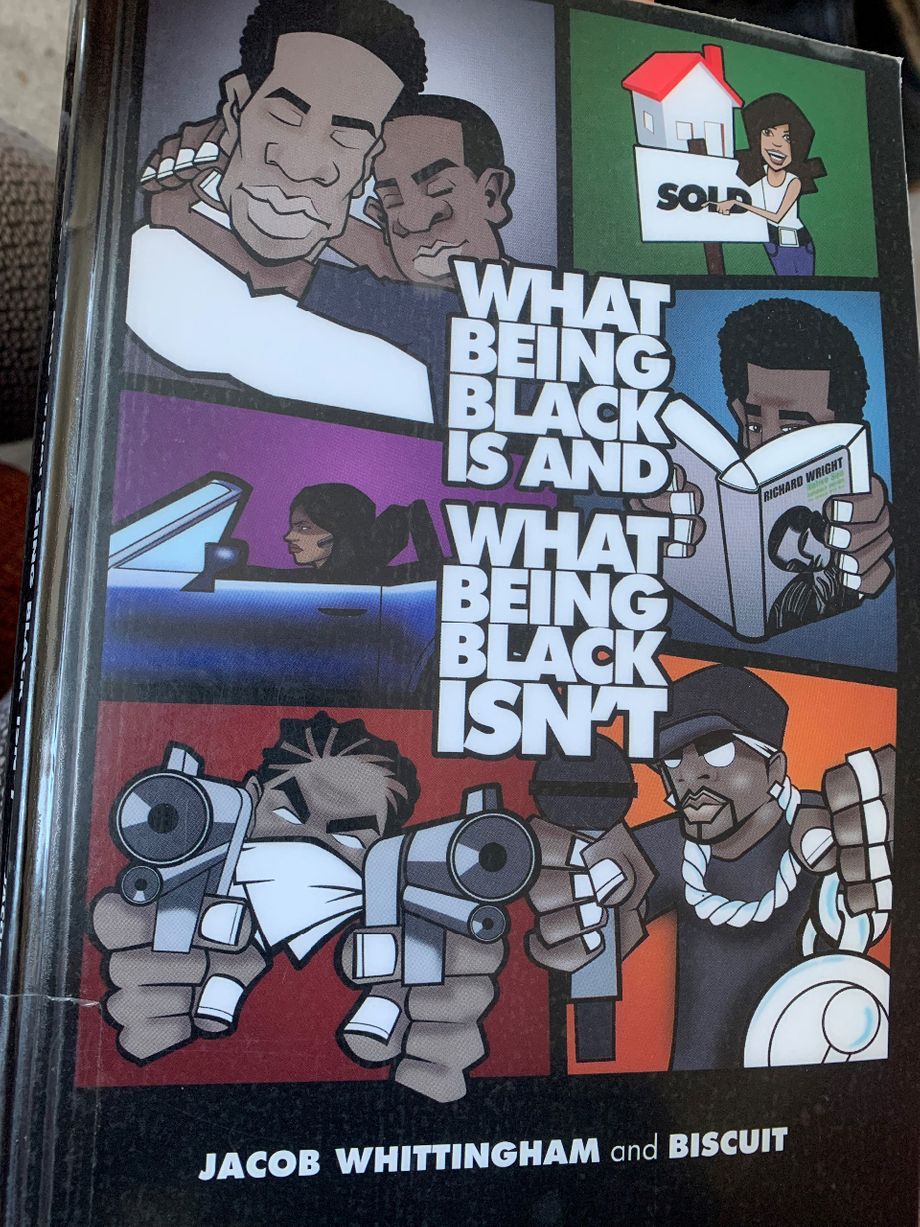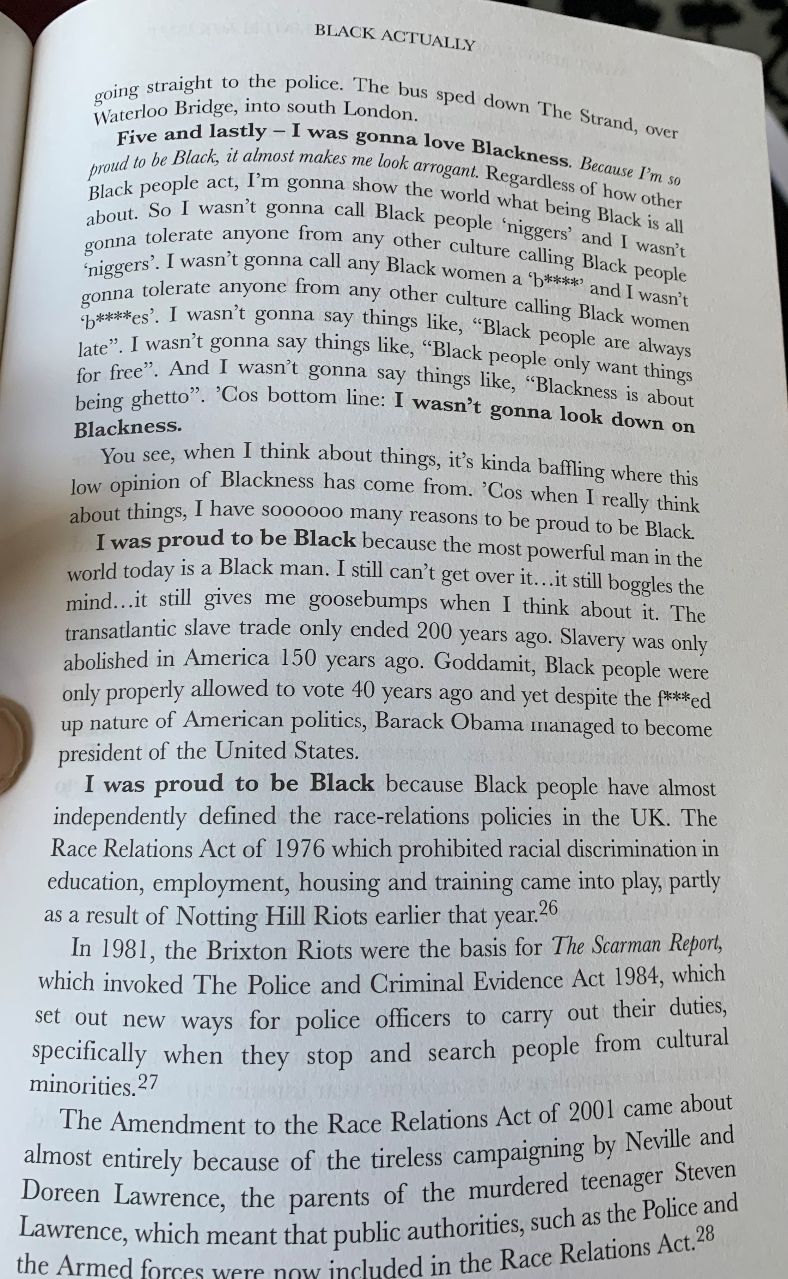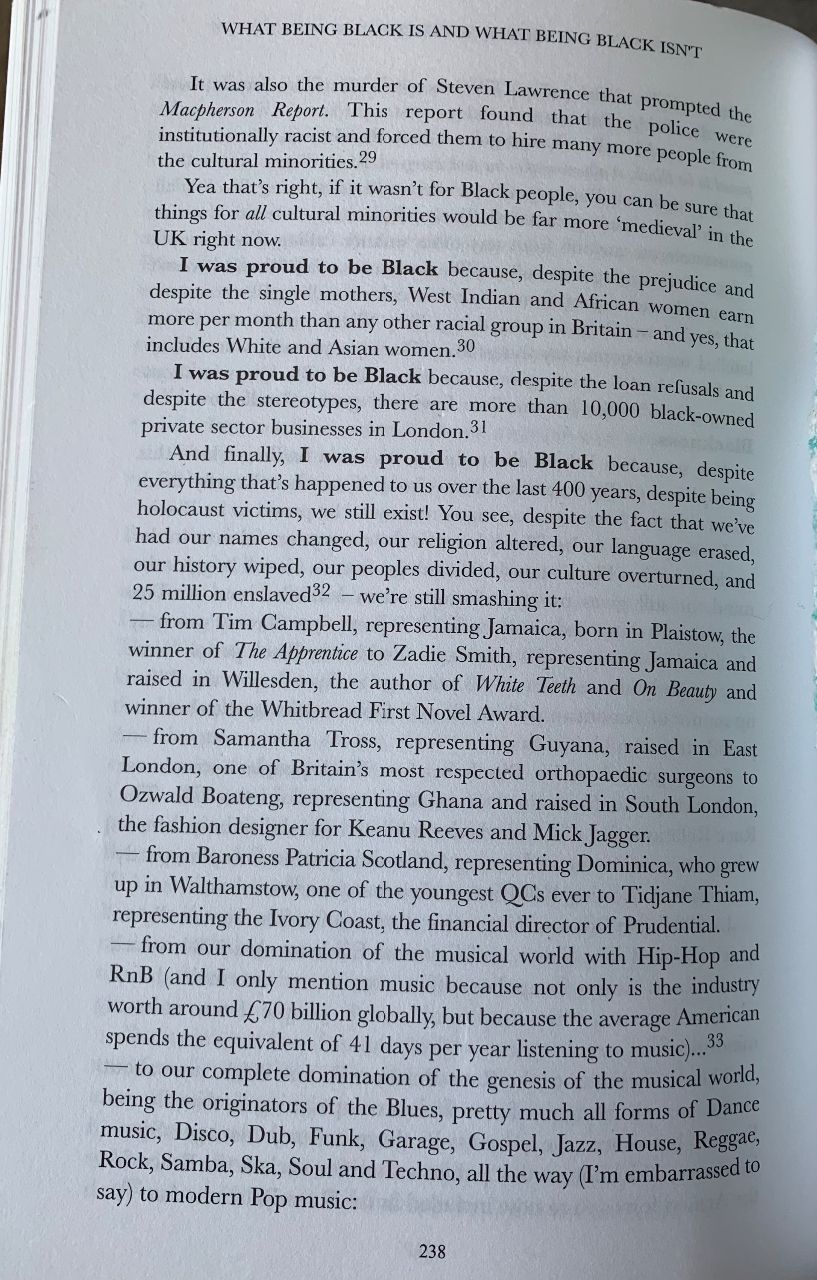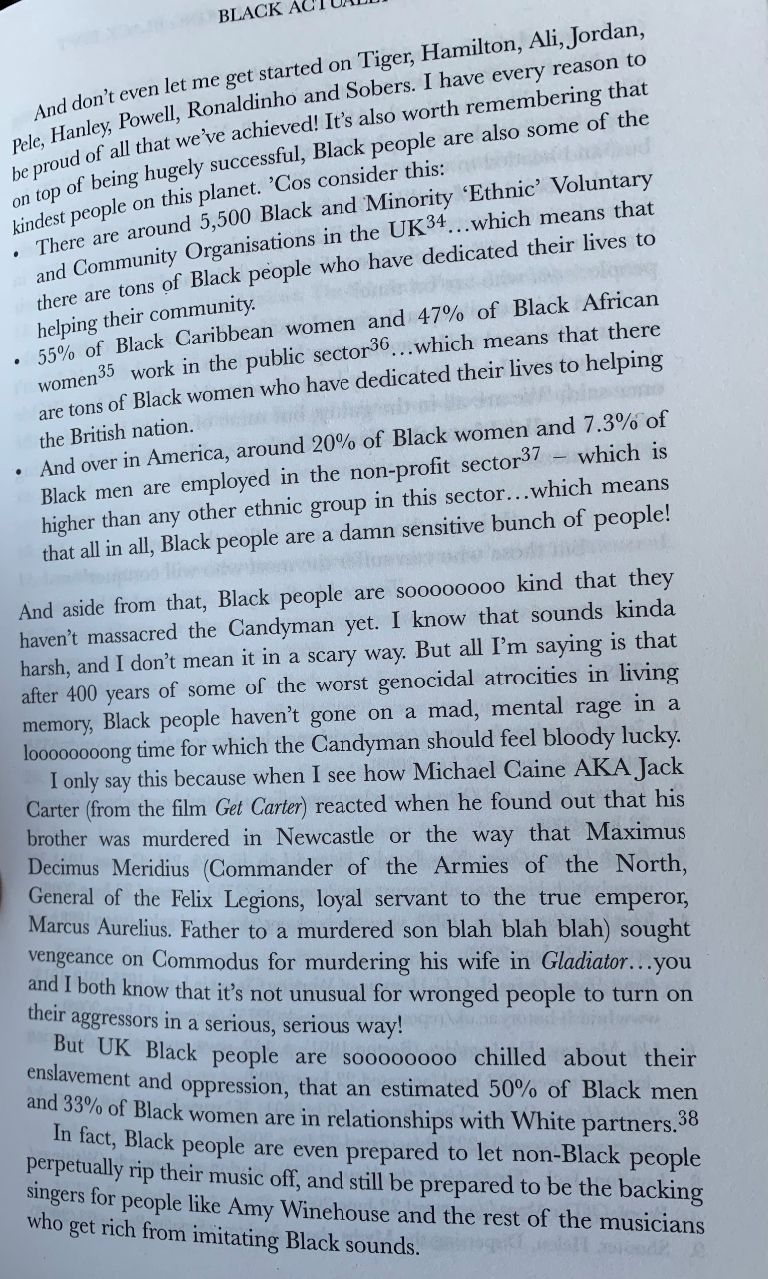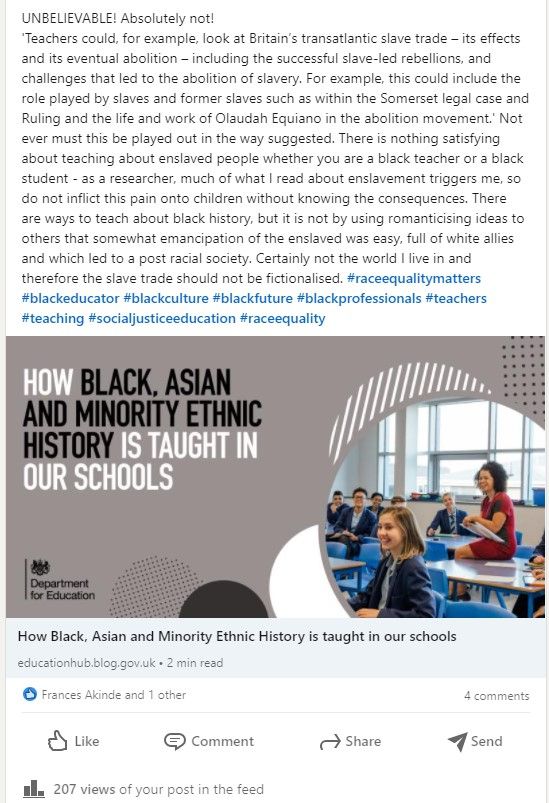Feminism - What it isn't and what it could be
Bell Hooks - (September 25, 1952 – December 15, 2021)
I first encountered Bell Hooks and her writing in 2017. She came, she haunted, she educated and then she left her legacy a footprint on my mind. A way into discussing with my sons the impact of my mothering. A legacy that did not find itself on the BBC or ITV's 10 o'clock newsreel, only embedded in a website bell hooks: Author and feminist dies aged 69 - BBC News. Yet she had a profound impact on society, delving into intersectionality to get beaten but also to rise up way above the forest floor and help to shift a tide.
As people, we often want to be noticed, acknowledged and validated, just like those Redwood seeds that germinate and make it to a fully grown tree, we all have an ambition to be NOTICED - don't we? Not necessarily all of the time, but at least some of the time, particularly when we are vulnerable or are proud of what we have achieved. Like each woman and man, each seed has an ambition. Yet some seeds have a better chance of surviving, of seeing things that only those at the top of the forest floor can see. Some seeds germinate in nourishing soil, among an abundance of light and virgin space in which to thrive and dominate. People are seeminlgy no different. When the environment is nourishing, forgiving and ripe woman and man flourish. Yet as a woman the environment can be hostile and as a black woman the environment can be, or is more likely to be stale and hostile, not fertile enough to allow her to thrive, preventing her beauty to extol itself onto the world with ease and acceptance.
There are some people, who even though are not born onto fertile soil, generate green fingers and make their soil fertile. With love This doesn't come without those green fingers bleeding sometimes from the thorns that are around them but like all thorns there is often a
The focus of hooks's writing was to explore the intersectionality of race, capitalism, gender, and what she described as their ability to produce and perpetuate systems of oppression and class domination. She published more than 30 books and numerous scholarly articles, appeared in documentary films, and participated in public lectures. Her work addressed love, race, class, gender, art, history, sexuality, mass media, and feminism.[3]
Also an academic, she taught at institutions including Stanford University, Yale University, and The City College of New York, before joining Berea College in Berea, Kentucky, in 2004,[4] where a decade later she founded the bell hooks Institute.[5]
Ask About the Why, Don't Just Watch the WHAT!!!!
They are Lucky That What Black People are Looking for is EQUALITY and Not Revenge
“So…I’ve been seeing a lot of things talking of the people making commentary. Interestingly enough the ones I’ve noticed that have been making the commentary are wealthy Black people making the
commentary about we should not be rioting we should not be looting we should not be tearing up our communities and then there’s been the argument of the other side of “we should be hitting them in the pocket”, “we should be focusing
on the black out days where we don’t spend money.”
But you know, I feel like we should do both and I feel like I support both and I’ll tell you why I support both: I support both because when you have a civil unrest like this there
are three type of people in the streets. There are the protestors, there are the rioters, and there are the looters.
The protesters are there because they actually care about what is happening in the community they want to raise their voices and
there are there strictly to protest.
You have the rioters who are angry who are anarchists who really just want to fuck shit up and that’s what they’re gonna do regardless. And the you have the looters.
The looters are there
almost exclusively there just to do just that. To Loot.
Now. People are like, “what did you gain? What did you get from looting?” I think that as long as we are focusing on the “what” we’re not focusing on the “why”
and that’s my issue with that. As long as we’re focusing on *what* they’re doing, we’re not focusing on *why* they’re doing it. And some people are like, “Those aren’t people who are legitimately angry about what’s
happening, those are people who just wanna get stuff.” Okay. Well then let’s go with that. Let’s say that’s what it is. Let’s ask ourselves, why in this country in 2020 the financial gap between poor Blacks and the rest of the
world is at such a distance that people feel like their only hope, and only opportunity to get some of the things that we flaunt and flash in front of them all the time is to walk through a broken glass window and get it…that they are so hopeless that
getting that necklace, getting that TV, getting that change, getting that bed, getting that phone, whatever it is that they’re gonna get is that in that moment when the riots happen and that presents an opportunity of looting that that’s they’re
only opportunity for them to get it, we need to be questioning that why. Why are people that poor, why are people that broke, why are people that food insecure, that clothing insecure that they feel that their only shot…that they are shooting their
shot by walking through a broken glass window to get what they need?
And then people wanna talk about “well there’s plenty of people who pulled themselves up by their bootstraps…and got it on their own…why can’t they
do that?”
Let me explain something to you about economics in America and I am so glad that as a child I got an opportunity to spend time at PUSH where they taught me this. We must not forget that economics was the reason that Black people
were brought to this country. We came to do the agricultural work in the south and the textile work in the North. Do you understand that? That’s what we came to do. We came to do the agricultural work in the South and the textile work in the North.
Now if I right now decided that I want to play monopoly with you and for 400 rounds of playing monopoly I didn’t allow you to have any money, I didn’t allow you to have anything on the board, I didn’t allow for you to have anything.
And then we play another 50 rounds of monopoly and everything you gained and that you earned while playing those rounds was taken from you. That was Tulsa. That was Rosewood. Those are places where we built Black economic wealth, where we were self-sufficient
where we owned our stores, where we owned our property, and they burned them to the ground.
So that’s 450 years. So for 400 rounds of monopoly you don’t get to play at all. Not only do you not get to play you have to play on the behalf
of the person that you’re playing against! You have to play and make money and earn wealth for them and then you have to turn it over to them. So then for 50 years you finally get a little bit and you’re allowed play and everytime they don’t
like the way that you’re playing or that you’re catching up or that you’re doing something to be self-sufficient, they burn your game, they burn your cards, they burn your monopoly money. And then finally at the release—and at the onset
of that—they allow you to play and they say “okay now you catch up.” Now at this point, the only way you’re going to catch up in the game is if the person shares the wealth, correct? But what if every time you seek to share the wealth
then there’s psychological warfare against you to say “oh, you’re an equal opportunity hire.” So if I play 400 rounds of monopoly with you and I had to play and give you every dime that I made and then for 50 years every time that I
played, you didn’t like what I did, you got to burn it like they did in Tulsa, and like they did in Rosewood…how can you win? How can you win?! You can’t win. The game is fixed. So. When they say, “why do you burn down the community?”,
“Why do you burn down your own neighborhood?”…It’s not ours! We don’t own anything! We don’t own ANYthing.
There is…Trevor Noah said it so beautifully last night. There’s a social contract that we
all have. That if you steal or if I steal then the person who is the authority comes in and they fix the situation. But the person who fixes the situation is killing us! So the social contract is broken! And if the social contract is broken, why the fuck do
I give a shit about burning the fucking football Hall of fame…about burning a fucking Target? You BROKE the contract when you killed us in the streets and didn’t give a fuck. You broke the contract when for 400 years we played your game and built
your wealth. You broke the contract when we built our wealth again on our own by our bootstraps in Tulsa and you dropped bombs on us…when we built it in Rosewood and you came in and you slaughtered us. You broke the contract - they are lucky that
what Black people are looking for is equality and not revenge.”
Troy Deeney: I loved the Romans so much that I got a tattoo – but what about my history?
The Birmingham City striker is sick of PR gestures on racism and is calling for a reform of the national curriculum, he tells Matt Dickinson reporter for The Times 22.2.22
With four children aged two to 12, Troy Deeney looks at what his kids are learning and thinks of all that has changed in education since he was a boy. He mentions a son who is coding on computers, a daughter who comes home and says she has learnt about same-sex couples becoming parents, and open discussion about mental health. “Stuff I was never taught, so it feels like everything is moving forward,” he says. “Fantastic.”
But his expression clouds and deep frustration builds when he wonders if that progress is true of racial diversity in schooling. It was cursory in his time — “a mention of Martin Luther King and watching Roots on TV,” he says — and he has become increasingly alarmed that the system has not advanced at all.
He sensed it from talking to his own children but wanted to find out more, so the Birmingham City striker engaged with campaigners and commissioned a YouGov survey of 1,000 primary and secondary teachers. The results, he says, were “damning” given only 12 per cent felt empowered to teach diverse topics; 64 per cent said they are not provided with enough support on teaching a culturally diverse curriculum; and 72 per cent felt the government should do more to ensure that school children, from all backgrounds, have a balanced and inclusive understanding of Britain’s past, and how it has shaped today’s societyDeeney is disappointed that it takes his celebrity credibility to bring attention to the issue
According to the poll, the majority — 93 per cent among ethnic minority teachers and 54 per cent among all respondents — believe the national curriculum has a racial bias. “Yet the teaching of black, Asian and ethnic minority histories and experiences in schools still remains optional,” Deeney says.
He has included these figures in an open letter to Nadhim Zahawi, the education secretary, along with a demand for diversity to be made mandatory across the curriculum, as it is in Wales. “The system is failing children from ethnic minorities,” he writes.
As Deeney explains of his own background, struggling for identity as the son of a black Jamaican father and white mother of Irish descent: “My only experience of black history or black culture was through the food or music I experienced at home.” Has anything changed?
The idea of a footballer making demands of government might have seemed fanciful a few years ago but these are different times, not least thanks to Marcus Rashford and his successful campaigning on free school meals. Footballers have a voice on social issues and, at the very least, they can bring profile.
“This is not my campaign,” Deeney says. “How sad is it that you need celebrity, that bullshit, to make the noise?” But it can be effective.
Deeney was among the key activists when footballers took a knee after the killing of George Floyd, but he talks of “an eerie quiet” these days on the issue. “If we are to believe the conclusions of the Sewell Report, the UK does not have a systemic problem with racism at all,” he says.
As someone who only has to look at social media to see vile racist abuse, he tried to think of practical interventions and he has been working for the past seven months on this campaign. With 400,000 names already on petitions calling for mandatory changes to the curriculum, he is convinced that education is key to tackling racism.
“We can all say when any racism comes around ‘it’s terrible’ but what are we doing about it?” Deeney asks. “Who is coming up with a solution?
“We have looked into it, studied it, commissioned a survey, got the data. That’s powerful. It’s not just saying an opinion. It’s coming up with the answers. Everything else is moving forward in education. Why is this such a difficult subject?
“Is it that people are scared how it might paint the British Empire? That old quote about history being written by the victors. But the world has different lenses and we need to give teachers a platform where they feel comfortable to teach.
“We had government responses that it’s already there on the curriculum, so it’s the teachers’ fault, but we asked the teachers. The results were staggering. They feel uncomfortable. Only 12 per cent feel empowered to teach a diverse curriculum in history, science and across the board. That’s not me saying that. It’s teachers from all around the country. That alone warrants a conversation.”
He adds that the campaign does not involve removing anything, simply adding to it: “There is no negativity to being enlightened.”
As part of the research, he has visited schools to speak to teachers about how subjects can become more diverse. He sat down with senior figures in education in Wales to find out how it works there.
Deeney says he is prepared for the opposition he will receive
“We have spoken to kids who explained the different conversations they have when they learn about different cultures,” he says. “We have spoken to a head teacher who said that it does not have to cost a lot of money if schools are creative. Not one parent complained in schools where it is already happening. We are holding back the future generation if we don’t do this.”
He knows there will be opposition. “It is going to be called racist, divisive and everything that comes along,” he says. “But I am already living that.
“People can spin it however they want but I just know we have put in seven months of hard work, asking right questions, wrong questions, being challenged, having arguments about it. I will be really disappointed if it does not move the conversation along.” Asked if he holds out any hope of the government responding, he tries to be diplomatic but it is not easy. “We had Priti Patel and Boris Johnson at the start saying ‘don’t take a knee, it’s divisive.’
“The lads miss penalties at the Euros, the country gets behind them and suddenly they are like ‘it’s terrible, disgusting, we should do more.’ Then it falls flat again.
“Look at what happened with Raheem Sterling [suffering racist abuse] at Chelsea. A huge thing for two weeks then gone. So, yes, it feels like it’s all PR because no one has a solution. We wait around for the next racist incident and there is a big storm but no substance, no follow-through.”
Deeney’s back tattoo is in respect to the Romans but he now wishes he was taught about his own heritage
Deeney, 33, clings to the hope that Rashford’s success over school meals shows what is possible when a campaign gathers momentum and public support. He is passionate about this issue as a father, as a footballer with a voice and as someone who looks back and reflects on all the opportunities missed to inform, enlighten and engage, especially as a child who loved history.
“It captured me as a kid. I have a huge tattoo on my back of a Roman soldier. But as I’ve got older I think ‘why wasn’t I taught about where I come from or what I represent?’ ”
He wishes it had been different, but wants to channel his frustration into meaningful change. As he writes: “The importance of education at an early age to inform identity and combat racist beliefs and stereotypes cannot be understated.”
